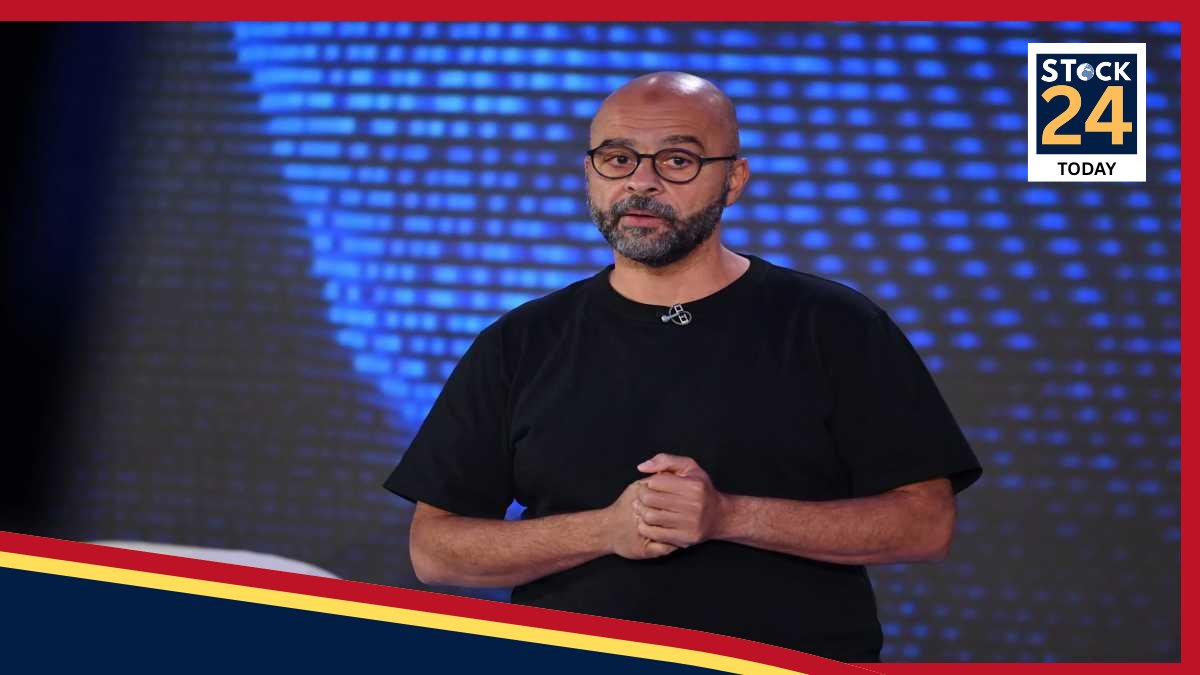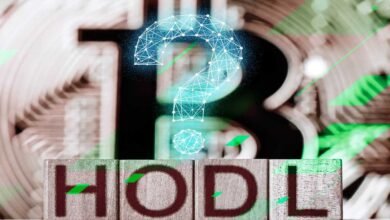AI Could Replace “Incompetent” CEOs and “Evil” World Leaders, Paving Way for a Better Future, Says Former Google Exec

LONDON — While headlines are dominated by fears of an AI-driven “jobs armageddon,” a former Google executive has offered a surprisingly optimistic vision: artificial intelligence could be the key to ushering in an era of more competent and moral leadership, by replacing the flawed humans currently in charge.
Mo Gawdat, the former chief business officer for Google X, argues that the real threat to humanity isn’t AI, but the flawed value systems of the people who wield it. In a recent podcast appearance, he suggested that for humanity to truly thrive, the most powerful positions—from corporate boardrooms to the world stage—may need to be handed over to AI.
“The only way for us to get to a better place, is for the evil people at the top to be replaced with AI,” Gawdat stated on The Diary of a CEO podcast, calling the scenario “unavoidable.”
This perspective reframes the debate from one of job loss to one of leadership quality. Gawdat predicts that Artificial General Intelligence (AGI) will eventually be better at everything than most humans, including running a company. He cautioned that CEOs who are currently celebrating AI’s ability to cut costs by replacing workers are failing to see the bigger picture.
“The one thing they don’t think of is AI will replace them too,” Gawdat explained. “You really have to imagine that there will be a time where most incompetent CEOs will be replaced.”
Gawdat, who worked in the tech industry for 30 years, is blunt about the impact on the general workforce, calling the popular notion that AI will create more jobs than it destroys “100% crap.” However, he places the blame not on the technology itself, but on the relentless pursuit of profit.
“There’s absolutely nothing wrong with AI—there’s a lot wrong with the value set of humanity,” he claimed. “And the biggest value set of humanity is capitalism today. And capitalism is all about what? Labor arbitrage.”
By proposing that AI could also replace self-interested corporate and political leaders, Gawdat presents a future where technology could serve as a check on human greed and corruption. He argues that since malicious leaders will inevitably use AI to “magnify the evil that man can do,” a more moral, AI-driven leadership becomes a necessary countermeasure for global stability and progress.
His predictions align with those of other industry titans, including Google DeepMind CEO Demis Hassabis and OpenAI chief Sam Altman, who agree that AI’s capabilities will likely surpass even the most intelligent humans by 2030. This consensus adds weight to the call for careful oversight, with leaders like Altman and Google CEO Sundar Pichai advocating for international regulatory bodies similar to the IAEA for nuclear energy to ensure a safe transition into this new era.
Ultimately, Gawdat’s provocative vision offers a silver lining to the AI revolution. While the disruption is inevitable, the outcome could be a world led with greater competence and a more robust moral compass than its human predecessors.





